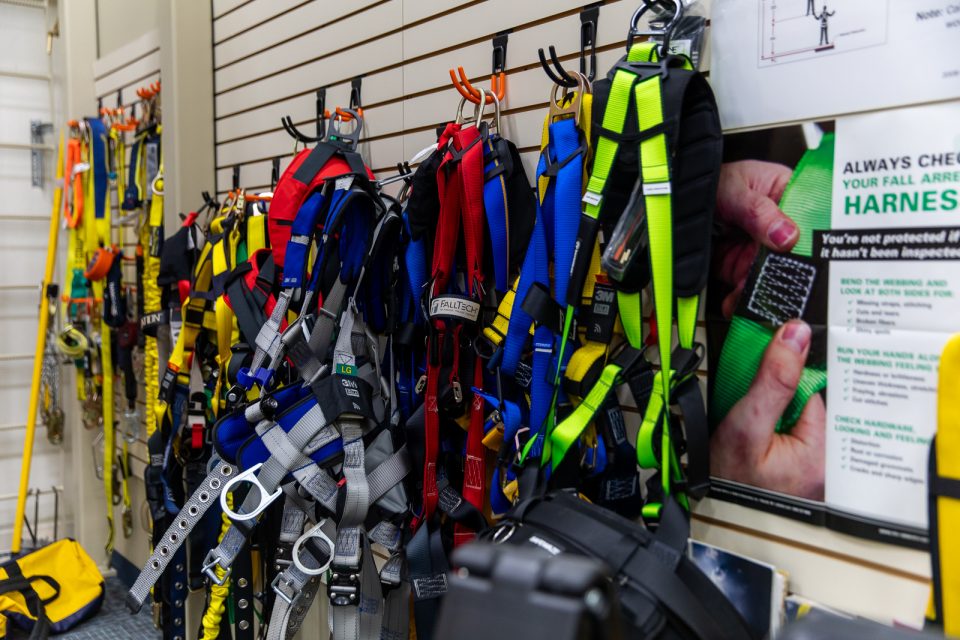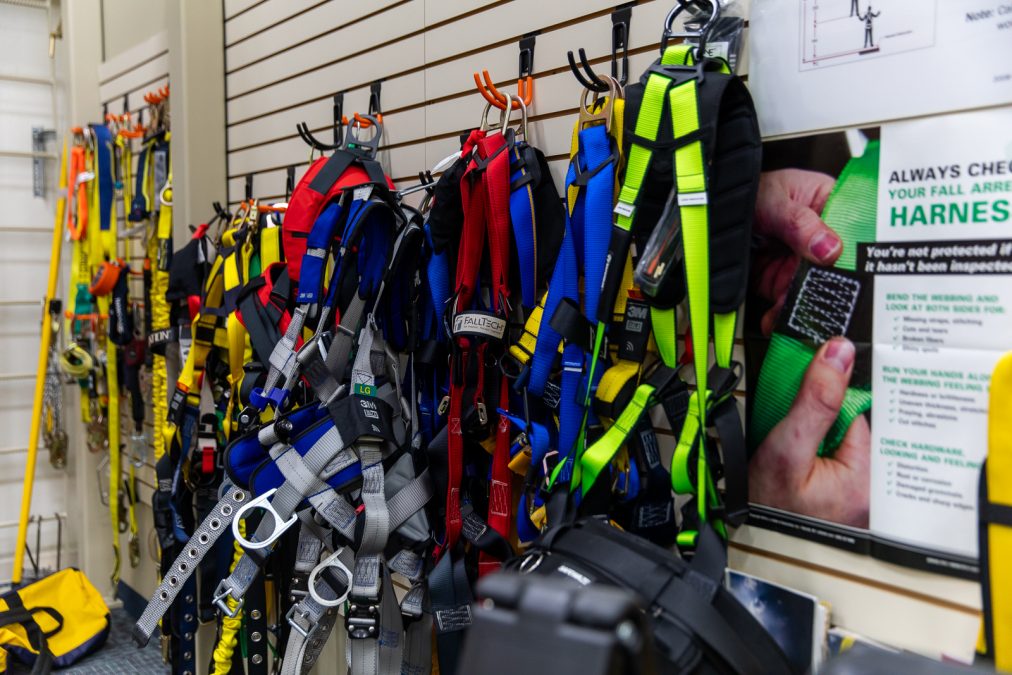With warmer weather settling in, now is a great time to make your team aware of the hazards of insect stings. Outdoor workers are at an increased risk of insect stings from bees, wasps, and hornets, but preventative measures can be taken.
Use these safety practices to help protect you and your team from insect stings.
Protect Yourself
- Inspect your work area for signs of insects prior to starting work.
- Wear light-colored, smooth-finished clothing. (Ideally, long sleeves and pants)
- Avoid strong perfumed soaps, shampoos, deodorants, and cologne.
- Wear clean clothing and bathe daily. (Sweat may anger bees.)
- Keep work areas clean. Social wasps thrive in places where humans discard food.
- Remain calm and still if a single stinging insect is flying around. (Don’t swat at it)
- If several stinging insects attack you at once, run in a straight line to escape them if it is safe to do so.
- Go indoors if possible and avoid big open areas.
- If unable to escape the area, cover your face with something.
- Don’t jump into water, as some insects will hover above.
- Individuals who are allergic to insect stings are encouraged to disclose their condition to their supervisor and co-workers, and know how to use an EpiPen when appropriate.
- Be aware of your surroundings, bee and wasp nests are often found in trees, under roof eaves, or on equipment such as ladders.
First Aid for Stings
- A co-worker should stay with the stung person to ensure they don’t have an allergic reaction.
- Anaphylaxis is a serious, potentially life-threatening allergic response that is marked by swelling, hives, lowered blood pressure and dilated blood vessels.
- Wash the site with soap and water.
- Remove the stinger using a gauze wipe or by scraping a fingernail over the area.
- Never squeeze the stinger or use tweezers.
- Apply ice to reduce swelling.
- Don’t scratch the sting as this may increase swelling, itching, and the risk of infection.
- Treat stings with over-the-counter products that prevent infection.
Additional Resources
Check out these safety resources for additional information on preventing insect stings.
Contact TBG today to learn more about how our hands-on safety services can help keep your workforce safe and successful.










